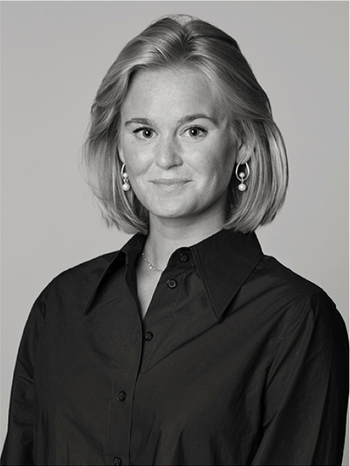John Jon-And
John Jon-And, oil on canvas, signed, verso dated 1918
Stilleben. 51 x 40 cm.
Mindre krackelyr.
Artist
John Jon-And was born in Gothenburg and early showed artistic aptitude. In 1908–09 he took trips to Germany and England and was inspired by the new tendencies in painting. However, it was in connection with the 1913 trip to Paris, in the company of future wife Agnes Cleve, that Jon-And's actual maturity as a modernist artist began.
The trip meant a revolutionary reorientation for Jon-And's artistry, and the previous lessons he had acquired under Carl Wilhelmson's instructions now had to give way to the impulses of modernism. Cubism was in vogue and Jon-And made special contact with Le Fauconnier. Jon-And initially felt both an expressionist and a cubist when he tried to achieve formal firmness and free rhythmicity with a clear colour approach. Jon-And is one of our first modernists who already, in 1915, showed an unusual boldness in his painting. In his art, you can also clearly see his inspiration from artists such as Gabriele Münter and Wassily Kandinsky.
When Cleve and Jon-And, in connection with the outbreak of World War II, returned to Sweden in 1914, the foundation was laid for these two remarkable artists. Cleve and Jon-And would, for the remainder of the 1910s, maintain a dynamic painting characterized by a fusion of Expressionism and Cubism. Jon-And had contact with the most famous profiles in Sweden's cultural life during the 1920 and the 30s and depicted many of them; he also received an order from King Gustav V himself. Jon-And was popular and sought-after in many ways and had an obvious large role in the celebrity and culture scene of the time. Jon-And also became a greatly appreciated theatre and stage decorator in Sweden. For Karl Gerhard, among others, Jon-And performed several decorations for theatres in Gothenburg, the Dramaten and the Opera in Stockholm. Jon-And's humour is visible in his caricatures, drawings and etchings. After John Jon-And's death, a large memorial exhibition was arranged at the National Museum in Stockholm in 1944. Which was also shown the following year at the Art Gallery in Gothenburg.
John Jon-And is represented in most major museums in Sweden and plays a central role in Swedish modernism.
Read more








































